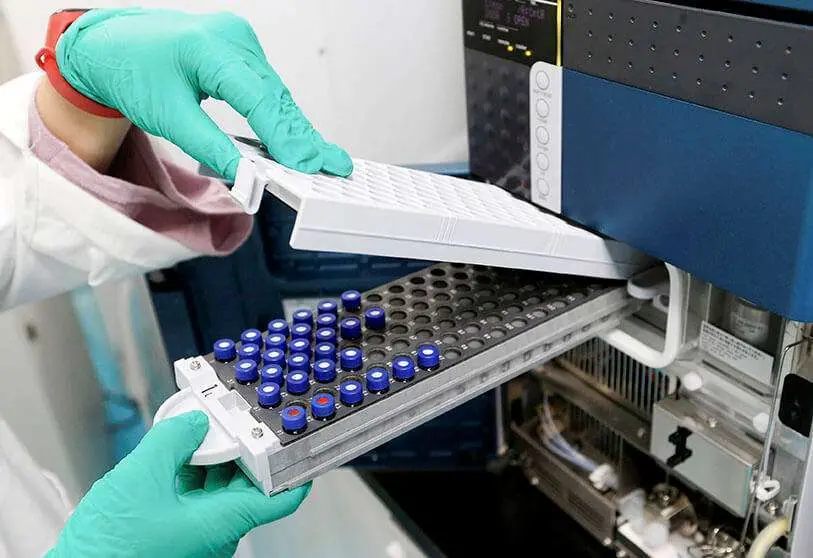The U.S. operation that could leave the rest of the world without a vaccine against COVID-19

Faster than the speed of light. That concept brings to mind the allegorical "Operation Warp Speed," with which the United States wants to procure 300 million vaccines and treatments sufficient to make 2021 immune to COVID-19, but which could leave other countries without early access to treatments and vaccines. "I find it very worrying that the actions the United States is taking may serve to hoard vaccines and medicines against COVID-19," says Professor Lawrence Gostin, director of the Institute for Global Health at Georgetown Law School, in an interview with Efe.
As the Donald Trump administration renounces multilateralism and after making official its intention to leave the World Health Organization (WHO), the U.S. government is devoting billions of dollars to procure potential vaccines and treatments against the pandemic.
The problem, experts agree, is that Trump does not seem to take into account the global dimension of the fight against the pandemic and is acting with the intention of securing the entire initial stock of possible cures. In March, he tried to persuade the German company CureVac to move its research on a possible vaccine against COVID-19 to the United States, which finally failed and ended with the hasty departure of its then CEO, the American Daniel Menichella, and the German government's claim that everything related to the pandemic is a matter of "national security".
Last month, the White House ordered the purchase of virtually all the production until September of the treatment of redemsivir, from the American company Gilead, one of the two medicines that have proven to be useful against COVID-19.

Thomas Senderovitz, head of the Danish Medicines Agency, said last week on his country's public television that the step taken by the US to monopolise redemsivir is bad news for Europe and for a world in the midst of a global crisis. "I haven't seen anything like this before. A company that decides to sell all its inventory to one country. It's very strange and inappropriate," he said.
"Operation Warp Speed" awarded its biggest contract this week: $1.6 billion to Novavax, a nearly unknown Maryland pharmaceutical company that is developing a possible vaccine against COVID-19 by the end of this year. The payout involves a commitment to deliver 100 million doses of this new vaccine, a very high number for a new production even for a multinational and that could serve to vaccinate 50 million people. Novavax joins a dozen other candidates for a COVID-19 vaccine, including the promising projects of Johnson & Johnson (funded with $456 million of federal money), Moderna ($500 million) and AstraZeneca ($1.2 billion).
"There is every reason to believe that the Trump Administration will not equally share vaccines and essential medicines to combat the pandemic. It has operated according to its America First platform and it seems clear that it will want to secure most of the world's production. This power to grab will be greater if the U.S. is the first to get the vaccine," Gostin said.
Dr. Anthony Fauci, director of the National Institute of Infectious Diseases and the country's leading epidemiologist, believes that by 2021 the U.S. should have access to some 200,000 doses to immunize its population against SARS-CoV-2, equivalent to 40% of the global production of the much cheaper and easier to produce seasonal flu vaccine.
This suggests that pharmaceutical companies that have received aid in exchange for commitments from Washington, including the giant AstraZeneca, will be under pressure to put all their production capacity at the service of the United States. "Actions such as the Gilead purchase send a very damaging message about selfishness and against the spirit of global solidarity. Moreover, his announcement of his withdrawal from the WHO shows that Trump does not care much about cooperation and equality in health," stresses Professor Gostin.







